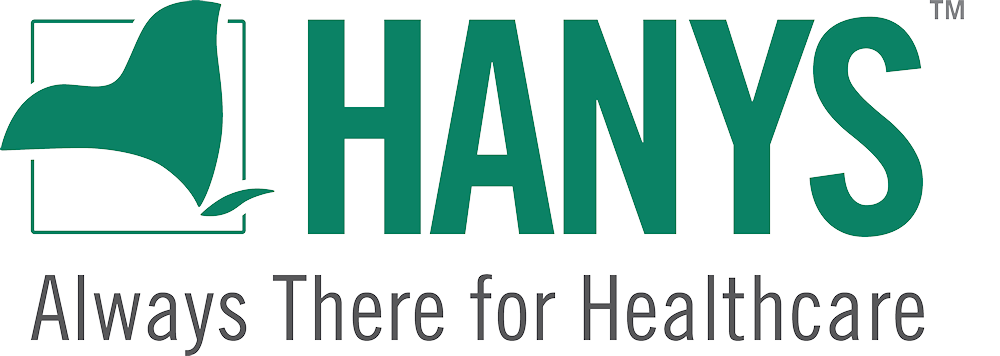
Phelps Hospital prevents C. difficile organization-wide
Hospital-acquired infections harm patients and can cause excess healthcare costs. Clostridioides difficile specifically causes more healthcare-associated infections in the United States than any other pathogen. In 2019, in spite of generally favorable infection control outcomes, Phelps Hospital (a member of Northwell Health) implemented a program to quickly and efficiently reduce hospital-acquired C. difficile infections.
The adverse impacts of C. difficile on already vulnerable patients include pain and suffering, extended length of stay, additional medication, costly care, short- and long-term disability and death. Phelps Hospital embarked on an organization-wide initiative to reduce their incidence and risk adjusted rate. Leadership, clinical, ancillary and support staff played roles in the effort. Working with their network, staff implemented best practices for lab testing, antibiotic stewardship, enhanced environmental safety and associated staff, patient and visitor education. With the board's assistance, funds were raised to purchase and implement ultraviolet light sanitizing robots.
Incidence of C. difficile reduced from 25 to 10 over three years and CMS standardized infection ratio reduced from 0.89 to 0.402 since November 2019. Additionally, culture change is evidenced by 1,000 monthly handwashing observations from managers, staff and “secret shoppers.”
For more information, contact William Reifer, LCSW, vice president, quality management, at wreifer@northwell.edu or 913.366.3314.

